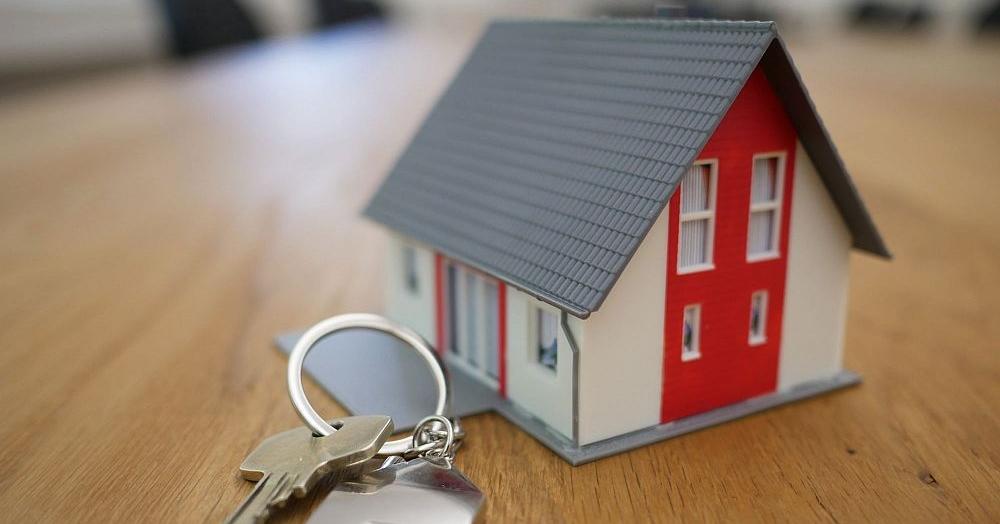Purchasing a home is one of the largest investments you will make in your lifetime. However, it is important to avoid mistakes that could cost you tens of thousands of dollars in the long run.
From getting pre-approved for a mortgage to considering the resale value of your home, there are many things new homeowners must think about before making decisions.
1. Ignoring the neighborhood
When buying a new home, it’s tempting to focus solely on the house itself. But it’s important to consider the neighborhood, too.
A well-kept neighborhood with manicured lawns is a sign of pride of ownership, while unkempt homes are a bad indicator of future property values. It’s also a good idea to ask neighbors what they like and dislike about the area.
While the answers might seem petty, they could save you from moving into a neighborhood that’s unpleasant.
2. Not having an updated survey
A property survey is a must for new homeowners to ensure that they know the exact boundaries of their land. This will help them avoid mistakes such as building a fence two feet onto the neighbor’s property or planting trees too close to the boundary line.
Property owners should also have a property survey done before making any improvements to their home. The last thing they want is to end up in a dispute with their neighbors over property lines.
3. Not having adequate homeowner’s insurance
Homeowners insurance protects your new home and possessions from damage or loss. Virtually all mortgage lenders require it and will not finance a property without proof of coverage.
Shop around for a policy that meets your needs. Look for options such as actual cash value and replacement cost coverage, and additional living expenses. It’s also wise to buy a policy a month or so before closing. This gives you time to complete an inventory and shop for discounts.
4. Not having a home inspection
Buying a new home is a huge milestone. However, it can be overwhelming when you’re dealing with so many different things at once.
A home inspection is a critical step in the home buying process. It includes an evaluation of the structure, plumbing, electrical systems, and more. During the inspection, you can find out about any serious problems that may require costly repairs. It’s also a great opportunity to negotiate with the seller. You can ask them to fix the problems before you move in or lower the price of the home.
5. Not having a good real estate agent
Buying a new home can be an exciting time, but it’s also important to have a good real estate agent on your side. Many real estate agents work with sellers, so it’s essential that you find an agent who will be dedicated to helping you buy a home.
A good buyer’s agent will understand your needs and keep you up-to-date on the latest available listings. They will also help ensure that all paperwork is filed correctly. This will save you time and money down the road.
6. Not having a good mortgage lender
A home mortgage is a major commitment, so it’s important to have the right mortgage lender. Mortgage lenders use a borrower’s credit history, debt-to-income ratio and assets to make lending decisions.
Buyers often make the mistake of rushing into the mortgage process without getting preapproved. This can lead to a disappointing experience down the road.
Borrowers should also avoid opening new lines of credit, taking on additional debt or moving around funds in financial accounts before and during the mortgage process. These actions can complicate the mortgage loan process and derail your dream of homeownership.
7. Not having a good home warranty
A home warranty is a great tool for buyers who don’t have a large savings account or don’t want to be responsible for the cost of maintenance and repairs. But it’s important to choose a company that will actually cover repair costs and doesn’t try to avoid paying by setting maximum repair amounts. A warranty for appliances is commonly used because a kitchen appliance is the most frequently purchased appliance that is used over time.
8. Not having a good home inspector
When buying a new home, the home inspector is your best friend. He or she can help you avoid pitfalls that may cost you big down the road.
Unfortunately, some home inspectors have a lack of knowledge or skills to tackle some issues that are common in older homes. For example, many inspectors are not equipped to detect asbestos and lead paint.
Additionally, they may not be willing to peel up a carpet or remove a ceiling panel to look behind it.

